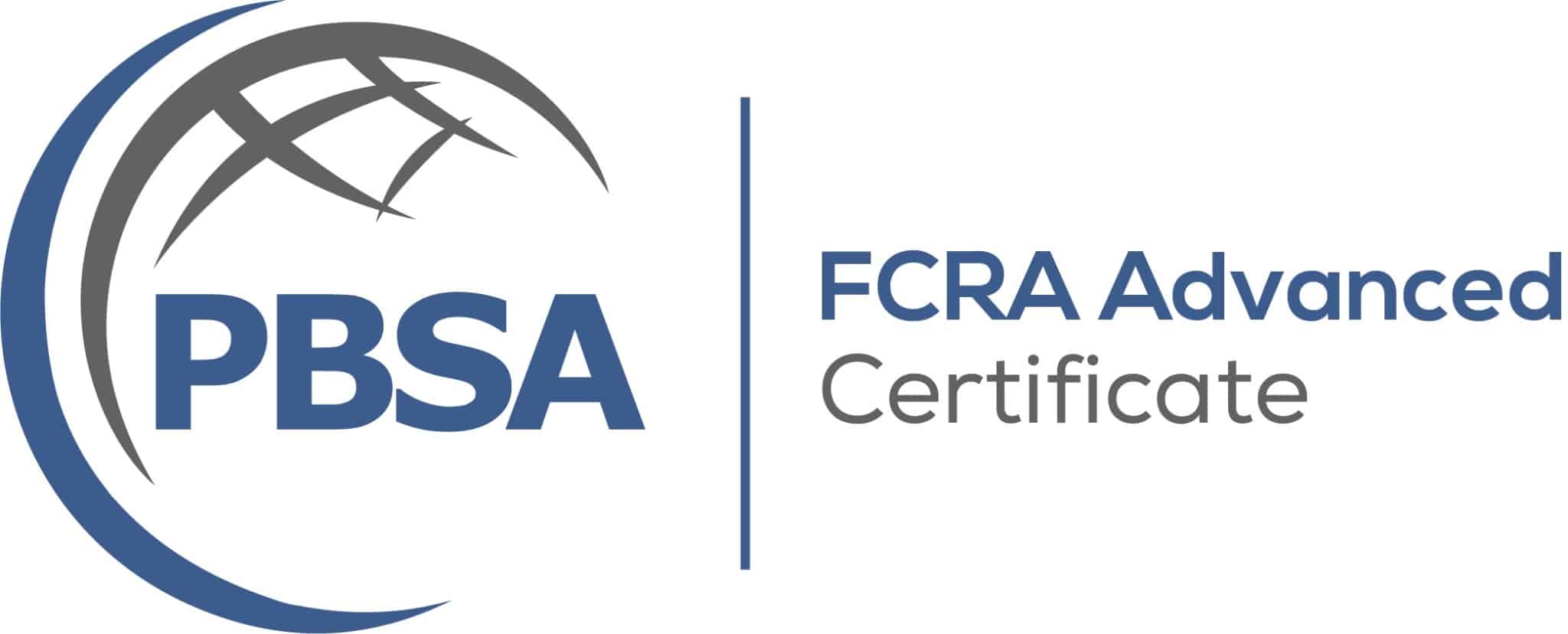
CRA (Consumer Reporting Agency)
Compliance note
- CRAs must comply with all Fair Credit Reporting Act (FCRA) requirements, including data accuracy, permissible purpose, and dispute resolution.
- Employers must obtain written consent from applicants before requesting a report from a CRA.
- Applicants have the right to dispute inaccurate or incomplete information through the CRA.
- CRAs must reinvestigate disputed information within 30 days and provide updated results to both the employer and the consumer.
Related Terms and Posts
- Consumer Report
- Disclosure and Authorization
- Permissible Purpose
- FCRA Summary of Rights
- What Are the Rules for Employment Background Checks in 2025 (Blog)
- Beyond the Magic Database: What Hiring Managers Must Know About Background Check Limits and Realities (Blog)
- Background Checks Explained: What You Need to Know (Blog)
Frequently Asked Questions
A: A CRA collects and provides consumer information—such as criminal, credit, or employment data—to employers, landlords, or lenders who have a permissible purpose under the FCRA.
A: Yes. Background screening providers that compile consumer reports for hiring decisions qualify as CRAs under federal law.
A: Consumers have the right to know what information was reported, to dispute inaccuracies, and to receive an updated report if corrections are made.
DISCLAIMER: The information provided in this glossary is for general informational purposes only and should not be construed as legal advice. While we strive for accuracy, EDIFY Background Screening does not guarantee that the definitions or explanations are complete, up to date, or error-free. Employers should always consult with competent legal counsel to ensure compliance with applicable laws and regulations.
Stay Updated with EDIFY Insights Newsletter
Get compliance tips, background screening updates, and HR best practices delivered straight to your inbox.





